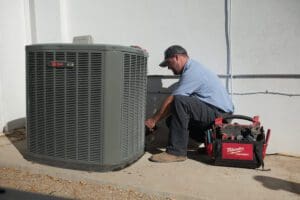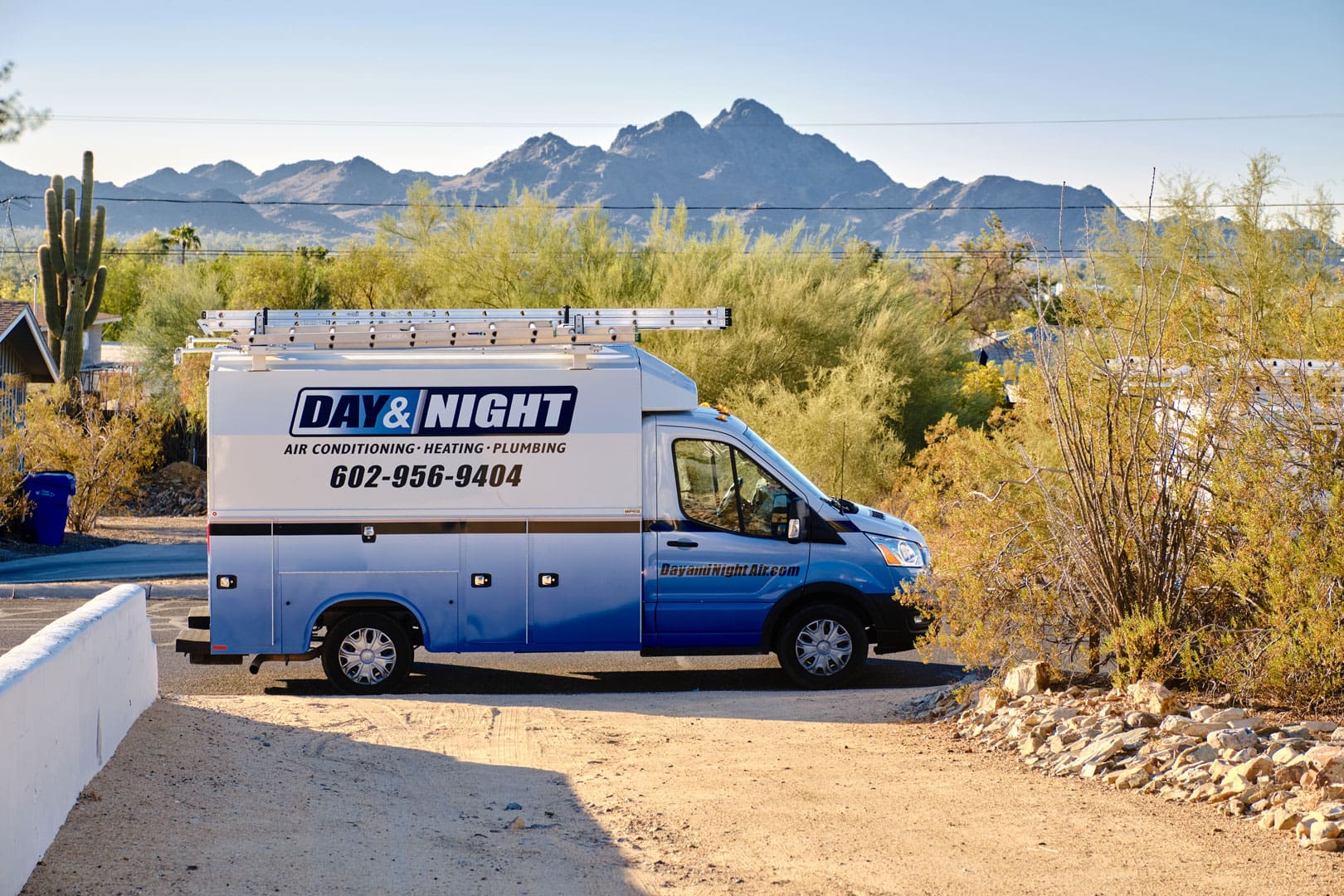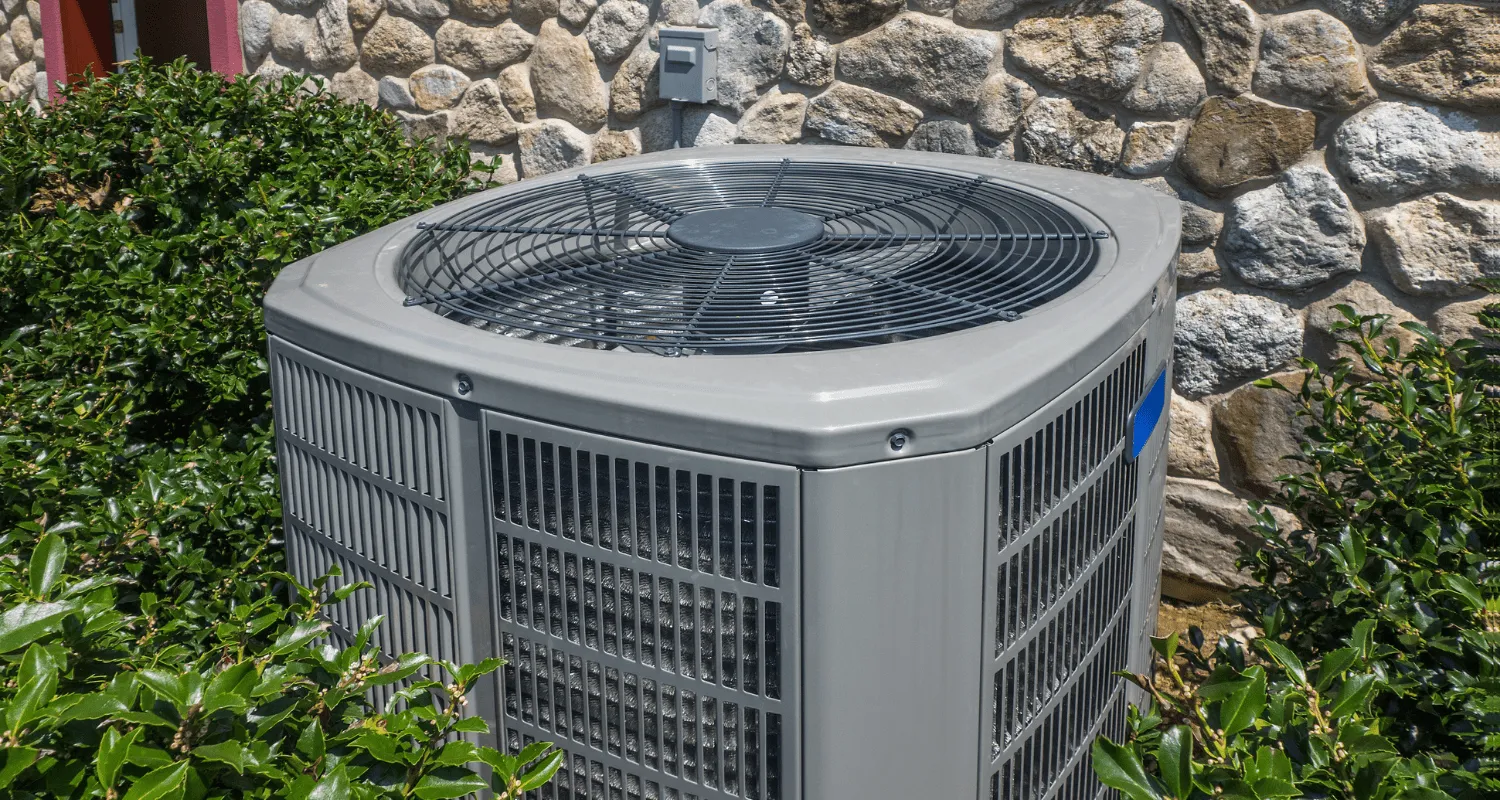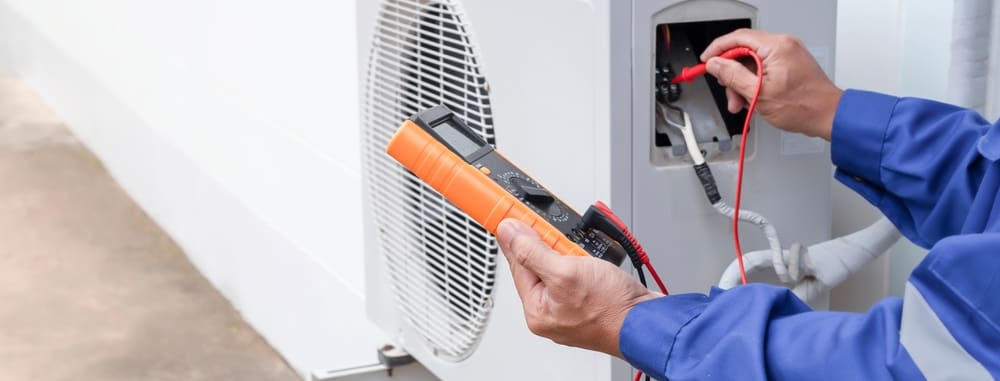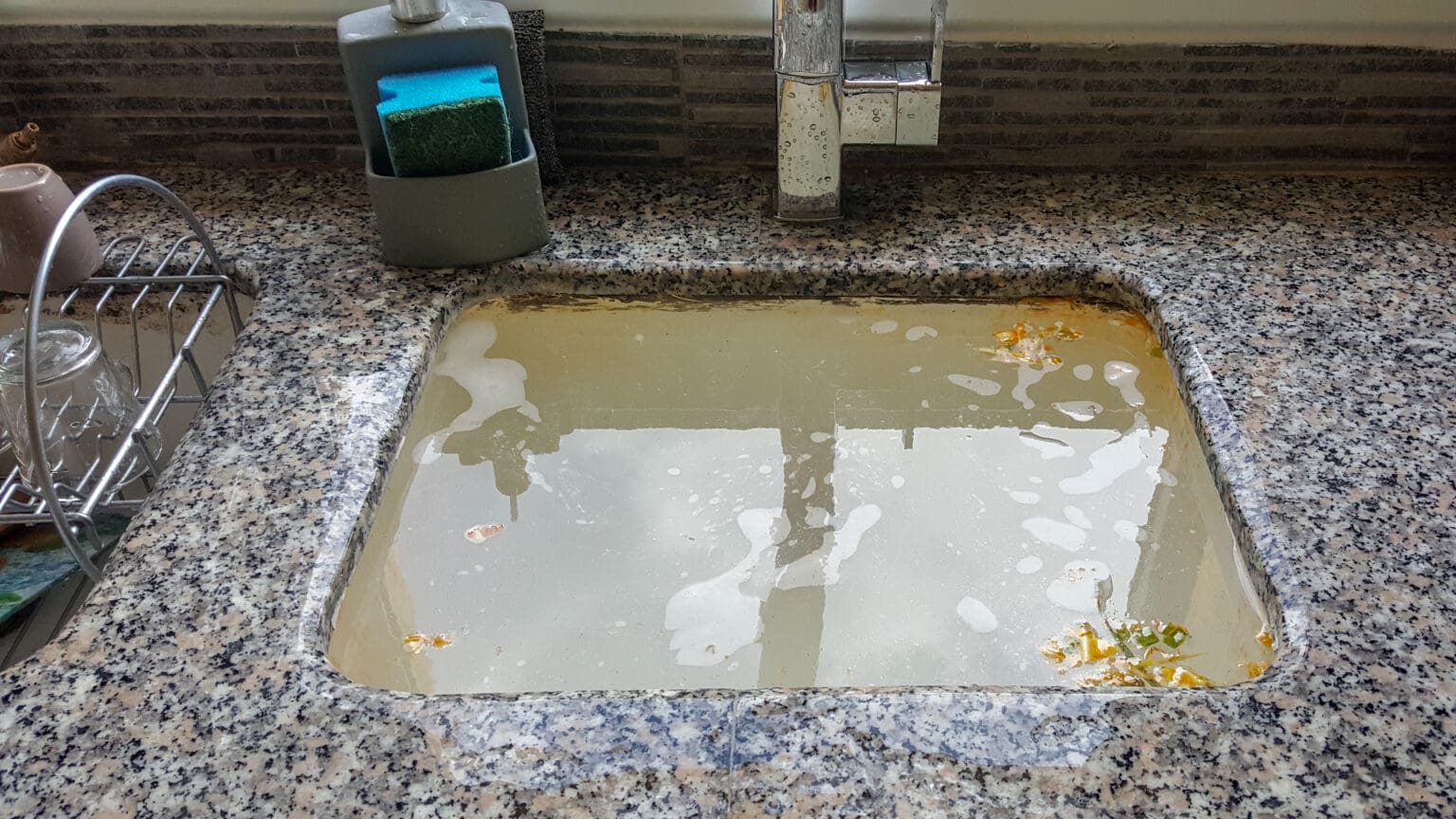A water heater is an essential appliance in any household; One that is tough to go without for even the shortest period. Naturally, a problem with a water heating unit can quickly become a source of stress. Discovering water on the floor of your home is likely to spark many questions: Why is my water heater leaking? Is it a dangerous situation? How much will it cost to fix?
Fortunately, many leaks are merely the result of overflow valves at work. While any sign of unexpected water in the home is undoubtedly a concern, these types of issues can often be resolved without significant expenditures of time or money. Read on to learn more about these invaluable valves, why they leak, and what can be done to restore your heater to full strength.
What is a Water Heater Pressure Relief Valve?
A hot water heater overflow valve is designed to prevent excessive pressure from building up inside the unit’s tank. For this reason, the valves are sometimes called pressure or temperature and pressure relief valve. Similar to a circuit breaker’s job of preventing electrical system overload, this valve allows water to escape from an over-pressurized unit to avert a potentially catastrophic outcome.
When a valve begins to leak, it can point to several possible situations:
1. An overabundance of pressure has built up within the heater;
2. A new coating of pipe compound is needed to reseal the connection;
3. Particles of dirt or debris have compromised the valve’s seal;
4. The wrong type of valve was installed to begin with.
In rare instances, pressure relief valves for boilers are inadvertently installed on water heaters due to their similar appearances. This installation will almost always result in problems, as such valves are only designed to allow for pressure levels up to 30 psi (pounds per square inch), as opposed to the 150 psi needed for water heaters.
It is also important to note that leaks can originate from other parts of a water heater, or can even stem from other adjacent sources. Verify that nearby pipes or appliances (such as water softeners) aren’t the roots of leaks before proceeding.
How to Fix My Water Heater Leaking
Once you have determined that your overflow valve is the actual source of your leak, there are several recommended steps to take. The first and most basic is to replace the valve; this part can generally be found for under $20. ― Do not attempt to reuse a blown valve.
Whether you intend to replace this part yourself, it is advisable to turn your water heater off at the first indication of a leak. On electric units, switch off the appropriate circuit breaker to safely cut power. For gas-powered heaters, either switch the control dial to the “Off” position or if necessary, shut off the gas valve itself. If the leaking water is continuous, terminate the cold water supply as well.
If you don’t feel confident replacing a water heater overflow valve on your own, contact Day & Night to replace the pressure relief valve. The upfront cost may run a little higher, but the price of having the job done right the first time can save you plenty of dollars in the long run.
Handling Persistent Problems
Should a new overflow valve fail to resolve your water heater problems, it may be necessary to take further action. Persistent leaks typically point to more significant concerns than a bad valve, such as the condition of a closed plumbing system. This can occur when a regulator is installed on a home’s water main to protect its system from excessive pressure, which can, in turn, prevent water from expanding back out through the cold water inlet.
Sediment buildup in the bottom of the water heater can also cause your water heater to make a popping noise.
In this situation, it becomes highly advisable to contact a qualified professional for advice or service. Unless you are experienced in making advanced plumbing repairs, you can unintentionally make matters worse by taking on more than you are readily prepared for.
Evaluating the Risks
There are plenty of hazards associated with leaking water in the home, starting with the significant risk of property damage. The Insurance Institute for Business & Home Safety notes that water heater failures cost homeowners an average of over $4,400 post-deductible. That number increases substantially when units are placed on the first floor rather than the basement level.
There is also much to be considered regarding the risks presented by mold growth. Each year a multibillion-dollar challenge that can create or exacerbate respiratory problems, diminish property values, and generally make life much harder for any homeowner.
Taking Quick Action
Water damage and mold are two examples of leak-related issues that only become more costly to repair over time. When you observe leaking water in your home, make a wise choice—contact an experienced professional and get on top of problems before they become worse. Day & Night is the plumber Phoenix residents trust for all their maintenance needs, whether it is s a routine service call or emergency repairs. Contact us today for all of your residential and light commercial plumbing needs.

